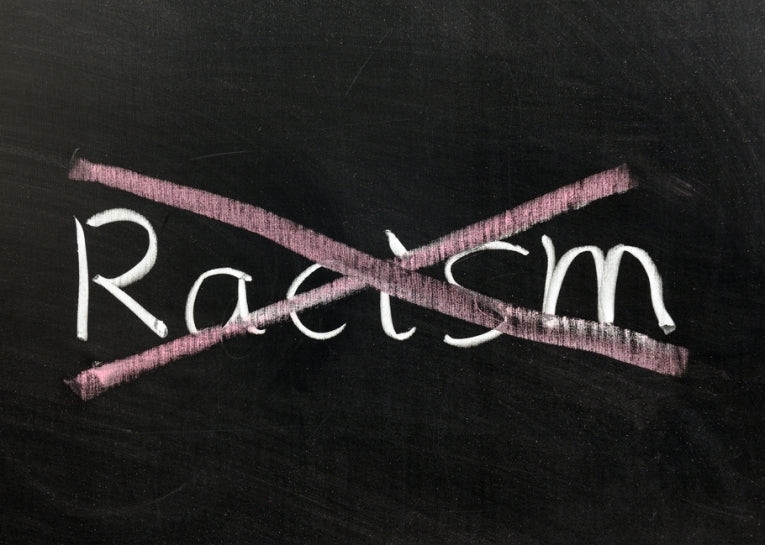The International Day for the Elimination of Racial Discrimination is observed annually on 21st March. It marks the anniversary of what has become known as the Sharpeville Massacre, when on 21st March 1960 South African police opened fire on demonstrators who were a peacefully protesting about the country's apartheid 'pass laws'.
Since the 1920s the movements of black South Africans had been restricted by so-called 'pass laws'. Under the government of South Africa's National Party these laws were gradually strengthened and in 1959-1960 they were extended to include women.
This strengthening had significant effects. For the South African authorities it gave them greater power to arrest and harass political opponents, but at the same time it provoked a considerable amount of popular political unrest and resistance. Time Magazine described these laws as "almost a physical shackle".
The African National Congress, the ANC, decided that on 31st March 1960 it would launch a campaign against the pass laws, but this launch was pre-empted by a rival campaign that was launched by the Pan-Africanist Congress (PAC) ten days earlier on 21st March.
Accordingly, on 21st March, a group of between 5,000 and 7,000 people converged on the local police station in the township of Sharpeville, offering themselves up for arrest for not carrying their passbooks.
Initially the gathering was peaceful, with something of a carnival atmosphere about it, but as the day wore on more people arrived until eventually the crowd numbered about 19,000. The mood began to grow hostile after the authorities tried to disperse the crowd by intimidating them with tear gas and low-flying fighter aircraft. A number of police panicked and opened fire on the crowd.
The official figure is that 69 people were killed, including 8 women and 10 children, with a further 180 being injured.
Understandably there was uproar among the black community and the government declared a state of emergency, leading to more than 18,000 people being arrested, including Nelson Mandela of the ANC. There was a storm of international protest, with many demonstrations of support in countries around the world.
On 1st April 1960 the UN Security Council adopted Resolution 134 condemning what had happened and recognising that it had all been brought about by the policies of the South African government.
The Union of South Africa found itself to be increasingly isolated from the international community, but it was to be another 30 years before the apartheid era finally came to an end when President F W de Klerk released the activist Nelson Mandela from prison in February 1990.
In October 1966 a UN Resolution established 21stMarch as the International Day for the Elimination of Racial Discrimination and called upon the International Community to not only commemorate the tragedy of Sharpeville but also to work together to combat racism and discrimination wherever they exist
In 1994 the South African government, perhaps somewhat belatedly, declared that from henceforth 21st March would be commemorated as combat Human Rights Day in South Africa.
In a statement to observe the Day, the UN High Commissioner for Human Rights, Ms Navi Pillay said that the massacre in Sharpeville represents a far wider tragedy. "We mark the anniversary to remember also the millions of people around the world who today are still victims of racism and racial discrimination".
Racial and ethnic discrimination still occur on a daily basis. Racism and intolerance can take various forms, from denying individuals the basic principles of equality to fuelling ethnic hatred that may lead to genocide. Whatever its form, racial discrimination has the power to destroy lives and fracture communities.
UNESCO's declared theme for the International Day for the Elimination of Racial Discrimination 2013 is Racism and Sport. In spite of the fact that sport can play a vital role in combating racism and racial discrimination, racism in sport remains a disturbing occurrence in many parts of the world.
Both sports and human rights share many fundamental values and objectives. The principles of non-discrimination and equality that underpin the Olympic Charter are also the bedrock of human rights. Who can argue with the Charter's assertion that "the goal of the Olympian is to place sport at the service of the harmonious development of man, with the view to promoting a peaceful society concerned with the preservation of human dignity?"
The first article of the Universal Declaration of Human Rights affirms that "all human beings are born free and equal in dignity and rights".
The International Day for the Elimination of Racial Discrimination reminds us of our collective responsibility for promoting and protecting all of these ideals.










